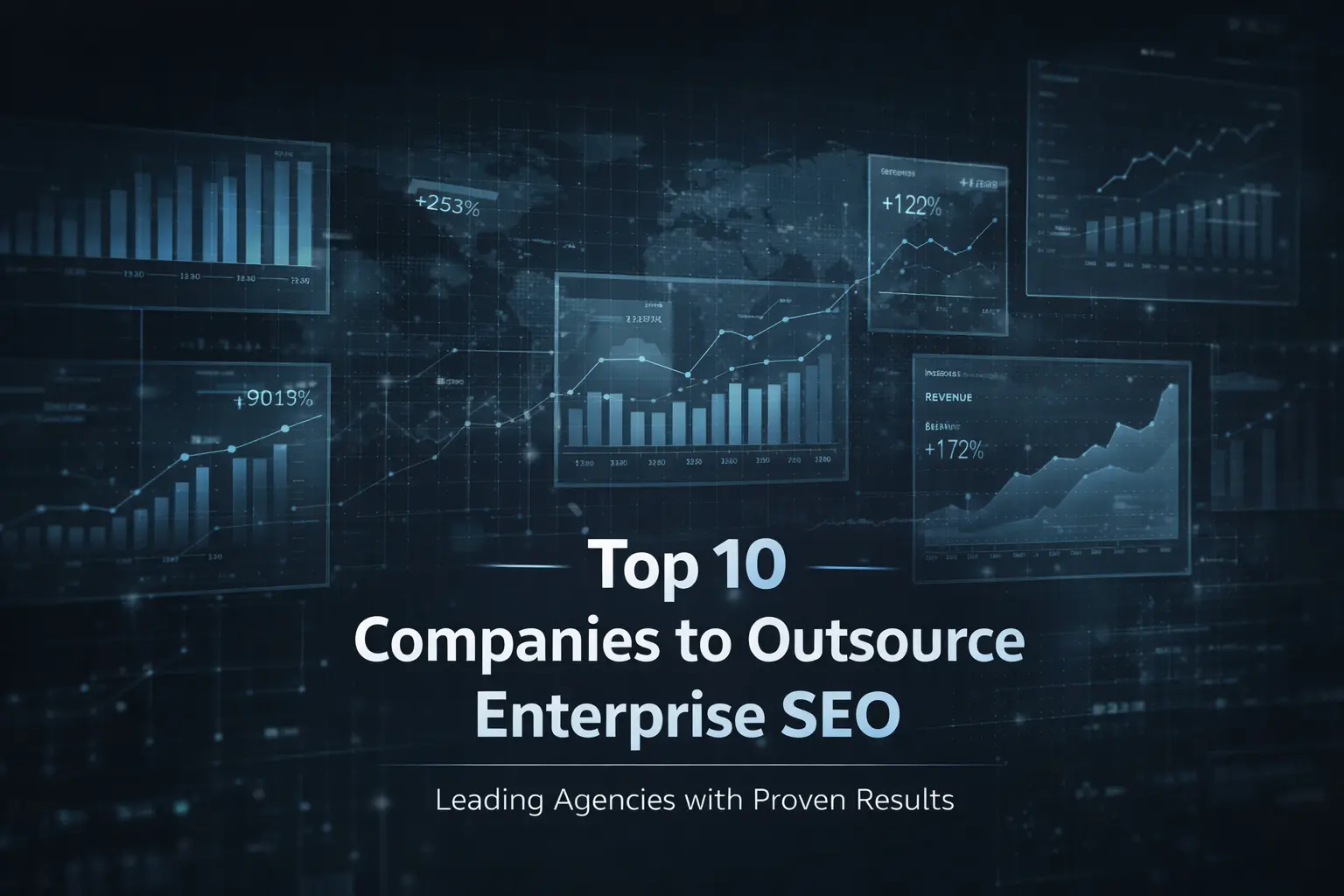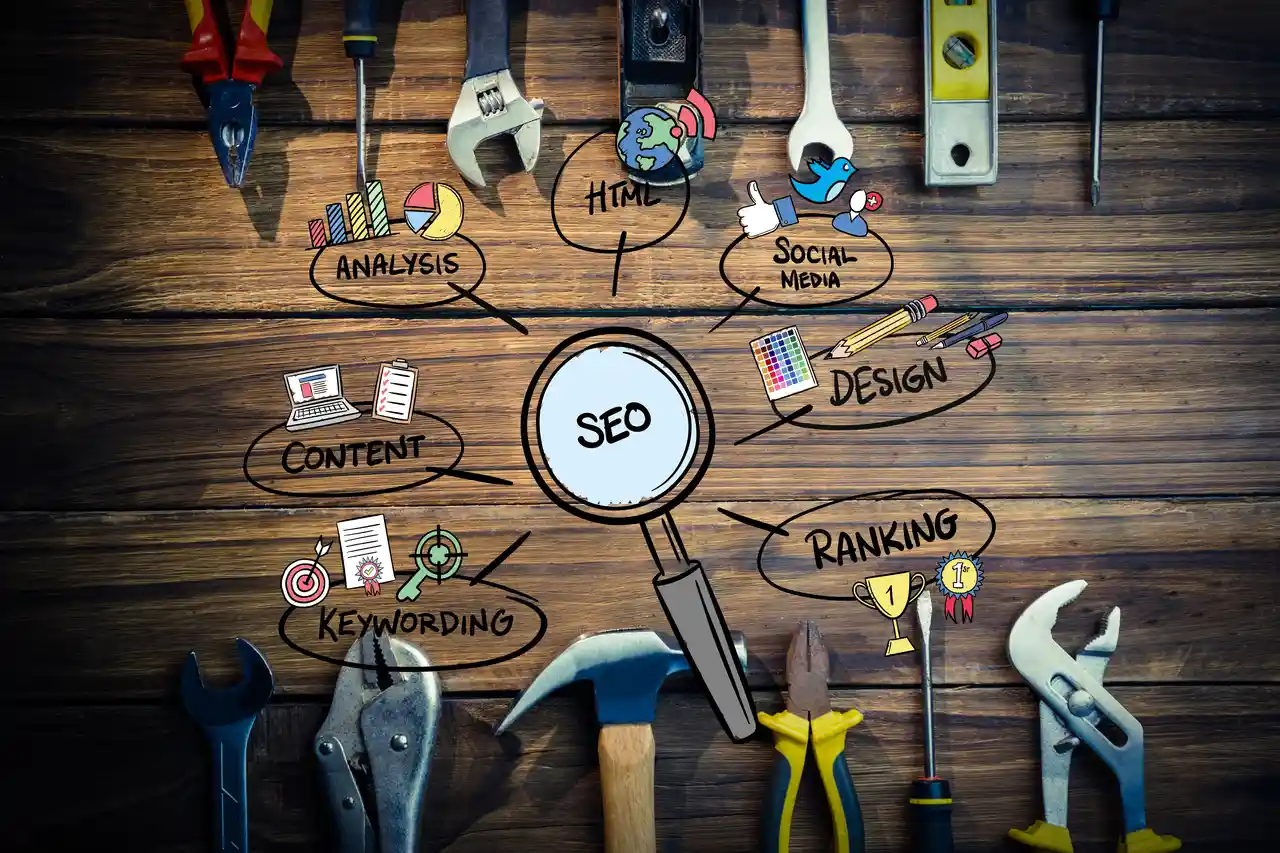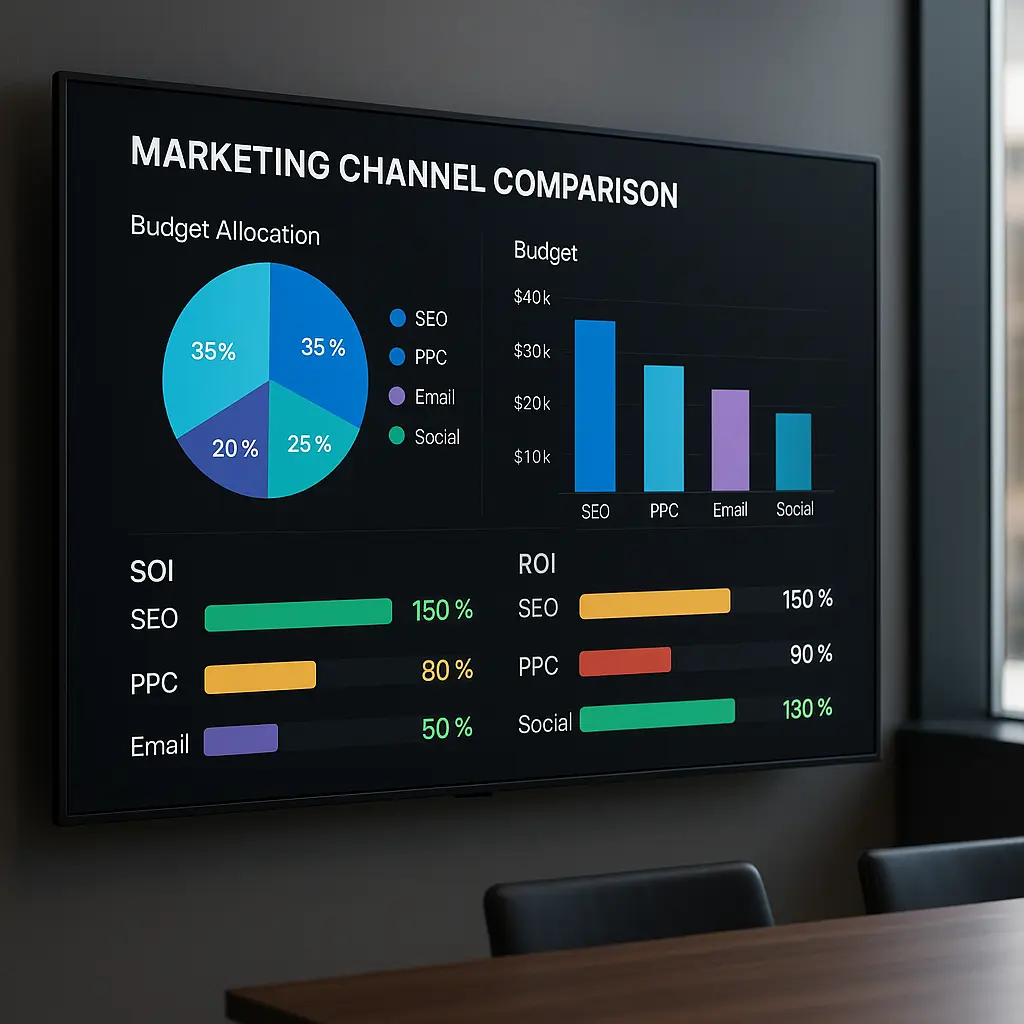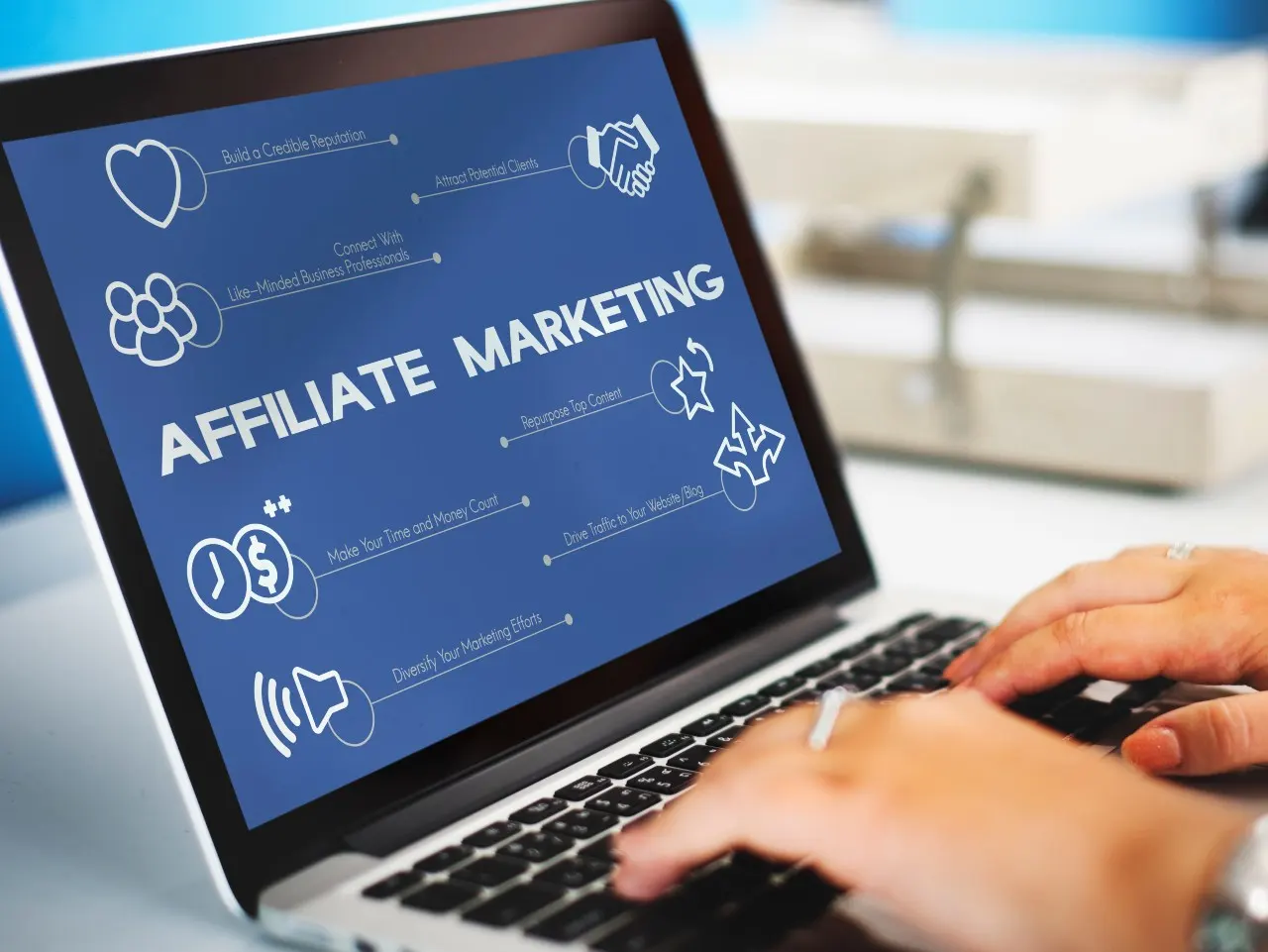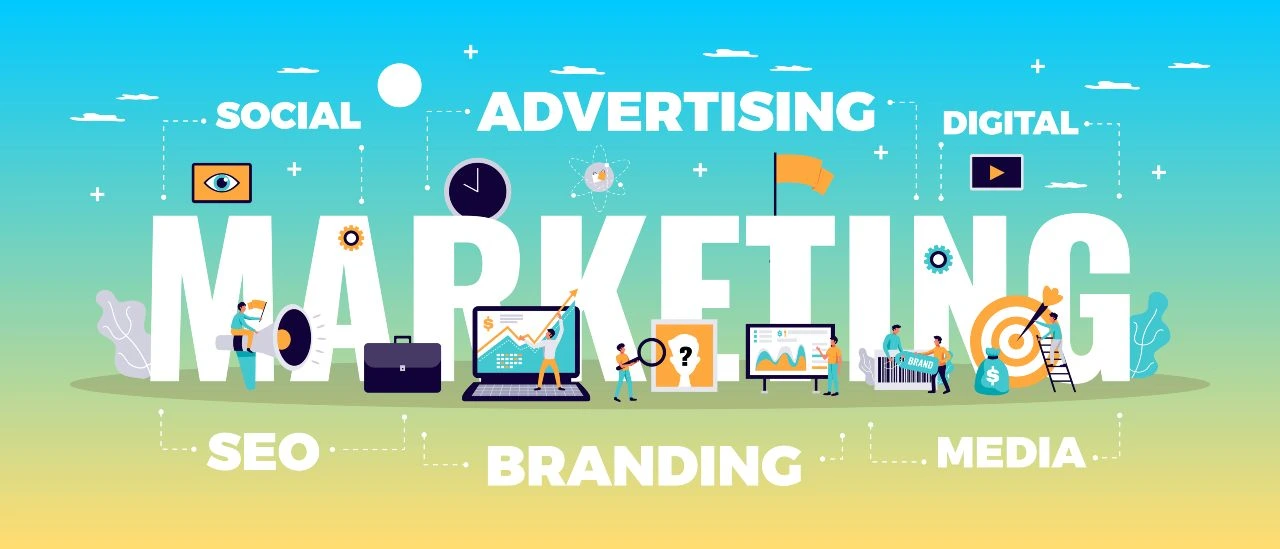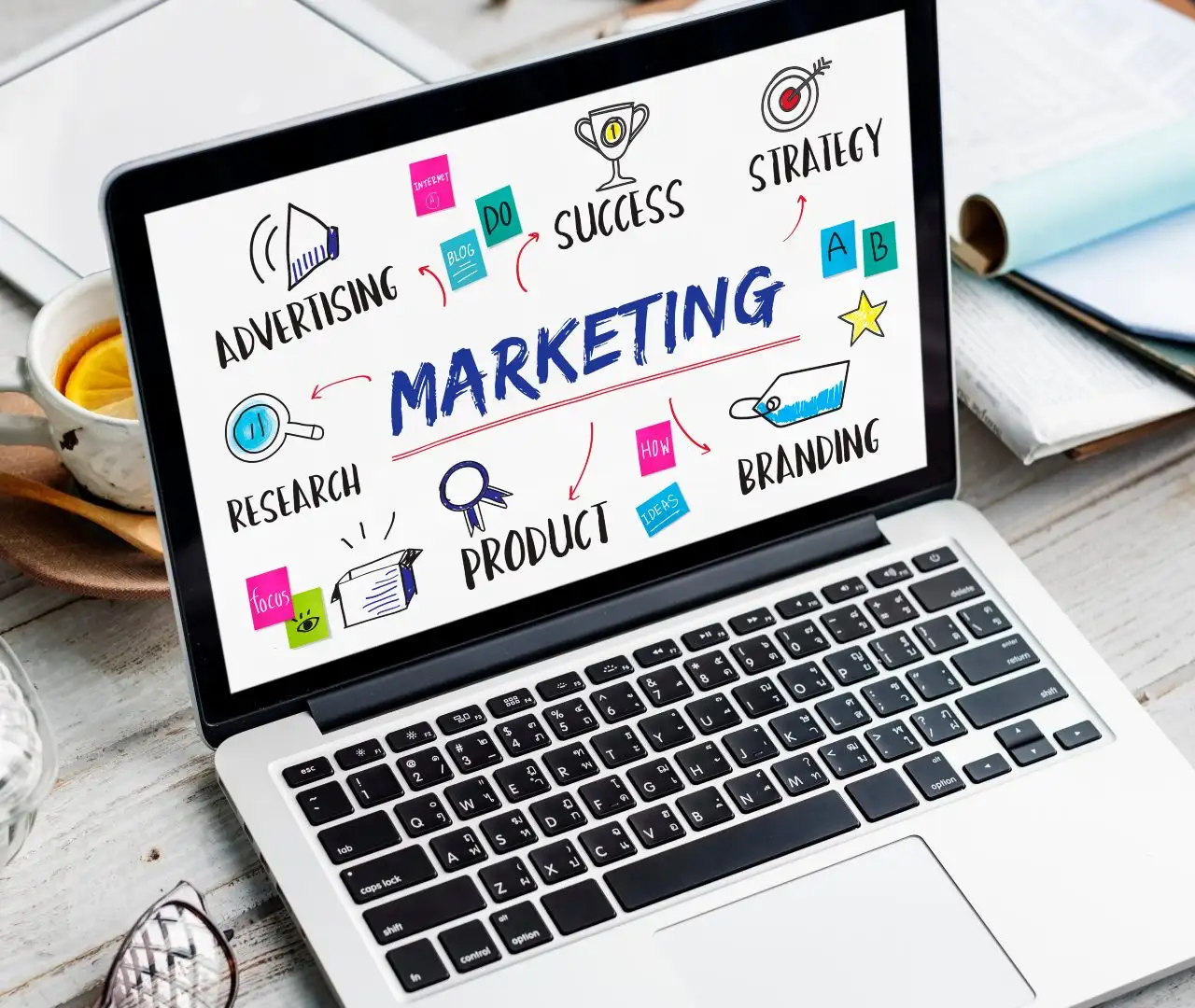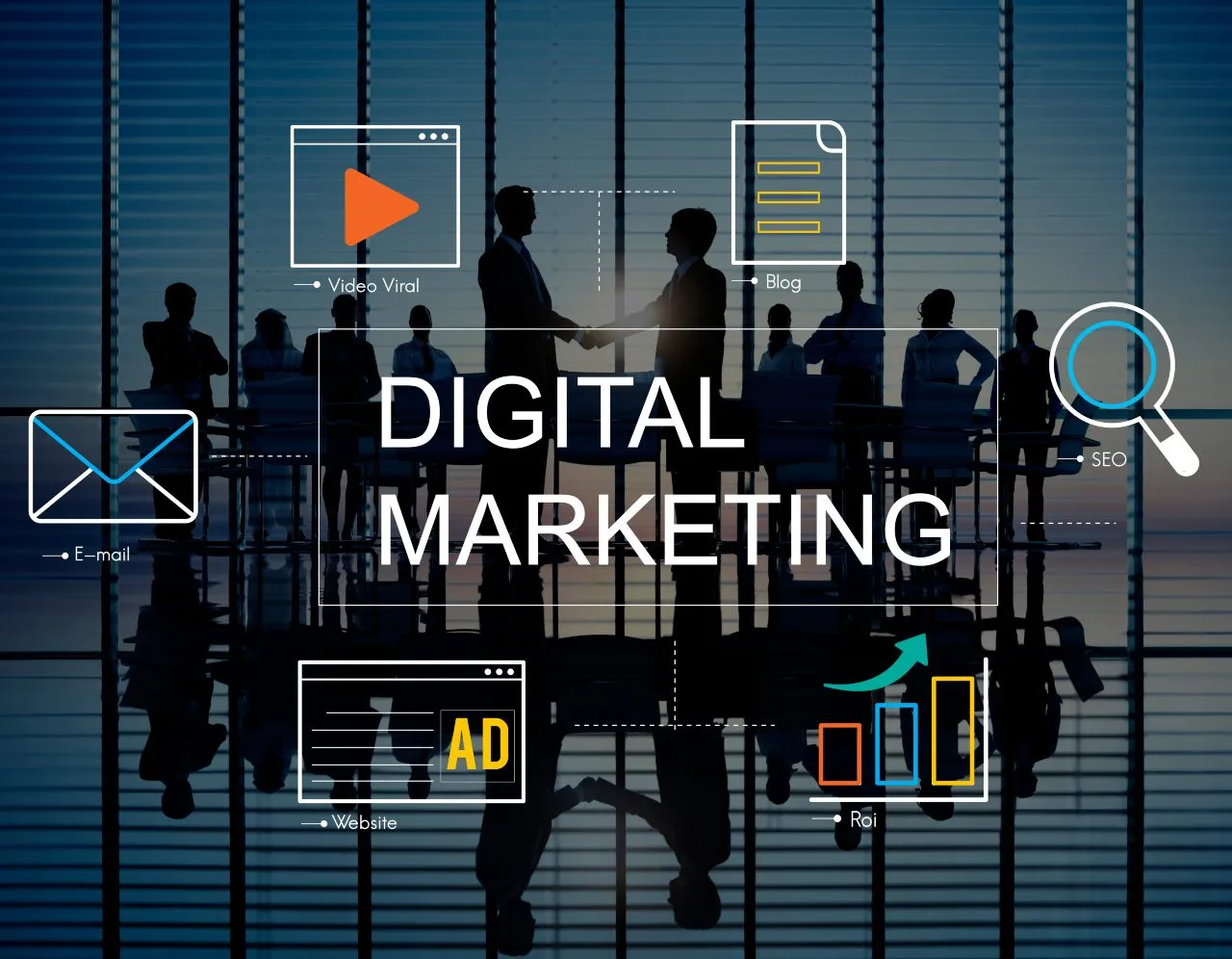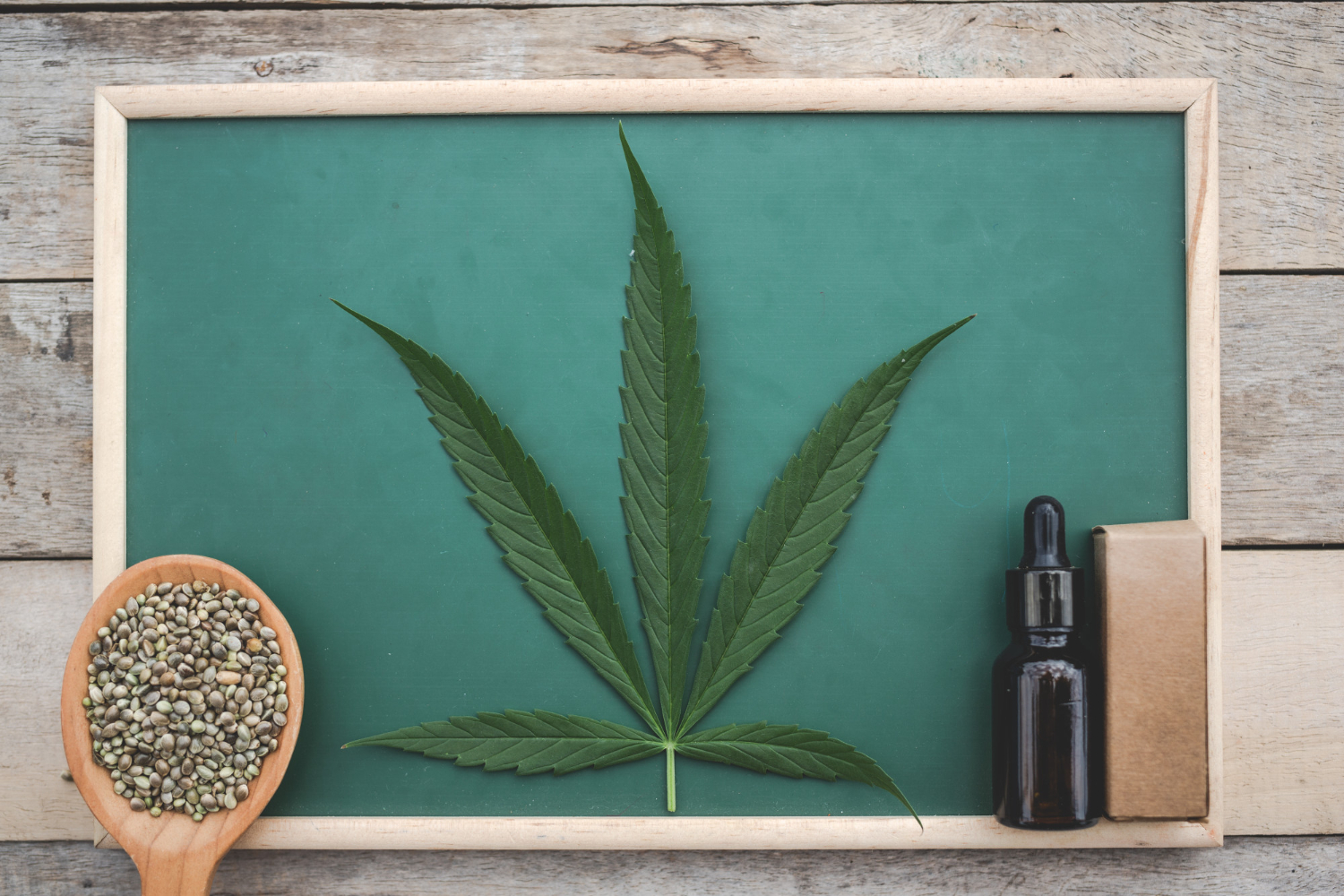Listen to article
Top Metrics Marketers Use to Measure Content Success
Are you leveraging content marketing to its fullest potential? If you are, how do you measure success? It’s not enough to just create content; you need to understand how it’s performing and whether it’s driving the desired results. Understanding the critical B2B content success metrics, the technologies used, and the common challenges faced can pave the way for a more effective and impactful content strategy.
In today’s data-driven world, B2B marketers have access to a wealth of information that can help them refine their approach and achieve greater success. From AI adoption to content engagement metrics, essential marketing technologies, and alignment of goals with budget, this article explores the key elements driving content success. Let’s dive in to help you optimize your content marketing efforts and achieve your business objectives.
How AI is Shaping the Future of B2B Content Marketing
The rise of AI in B2B content marketing has unlocked new possibilities, from streamlining workflows to enhancing creativity. Yet, while the tools are widely available, most marketers are still exploring how to fully harness AI’s potential to deliver measurable outcomes. Successful integration calls for not only adopting AI but also aligning it with strategic goals and continuously learning its nuances. Let’s dive into the numbers that illustrate AI’s growing role in content marketing.
- A staggering 85% of marketers expect AI to positively impact B2B marketing within the next year. Source
- 67% of B2B marketers have favorable views of AI, with 34% feeling hopeful, 26% excited, and even a sense of relief for 7%. Source
- Although two-thirds of marketers are already leveraging generative AI, only 28% feel they truly understand how to effectively apply it in marketing. Source
- 50% of marketers use AI for brainstorming new content topics, while 45% utilize it for headline and keyword research, and another 45% rely on it for generating initial drafts. Source
- Among marketers using generative AI tools, 91% rely on free tools like ChatGPT, with only 27% investing in paid AI solutions for content creation. Source
Insight: Knowledge is Key
AI is no longer a novelty in B2B content marketing; it’s become a necessity. However, while adoption rates are impressive, there’s a clear knowledge gap preventing many marketers from reaping its full benefits. The real opportunity lies in going beyond surface-level use—like brainstorming and draft generation—and developing advanced applications tailored to your unique marketing needs. Tools like ChatGPT are great starting points, but investing in paid AI platforms or skills training can make the difference between following trends and setting them.
Pro Tip:
Don’t just adopt AI tools—build an internal AI skillset. Encourage your team to explore AI solutions in-depth through webinars, certifications, or hands-on training. As your team’s expertise grows, so will the sophistication of your AI-driven strategies, giving you a competitive edge in the increasingly tech-powered marketing landscape.
Leveraging Video & Email Metrics for Content Engagement
Understanding how your audience interacts with your content isn’t just about tracking numbers—it’s about uncovering what truly resonates with them. Video and email remain powerhouse mediums in the digital marketing landscape, offering rich insights through engagement metrics. By monitoring how users consume video and interact with email, you can refine your strategies to deliver experiences that captivate, convert, and build long-term loyalty. Here are some compelling statistics that underscore the importance of these metrics:
- A striking 83% of marketers have observed increased dwell time on their websites by incorporating video content. Source
- Email continues to dominate as a primary communication channel, with 88% of users checking their inbox multiple times each day. Source
- An impressive 27% of email users are deeply engaged, checking their accounts as frequently as 10 to 20 times daily. Source
These insights paint a clear picture: your audience is consuming content constantly, but capturing their attention requires strategy. Measuring these behaviors allows you to pinpoint what’s working, be it a concise, compelling video or an email with the perfect subject line and timing.
Takeaway: Engagement Metrics Are the Blueprint for Exceptional Content
Engagement metrics are more than just data—they’re your compass for creating content that truly connects. For video, metrics like dwell time showcase how well your visuals and storytelling are holding your audience’s attention. Meanwhile, email engagement, such as the frequency of inbox checks, offers a window into how effectively your content integrates into their daily habits. The key is not just to monitor these interactions but to use them as feedback to consistently refine and improve your approach.
Pro Tip:
Dive deeper into your data by segmenting your audience based on engagement patterns. For example, create specific campaigns for highly active email users or target video content for different stages of the customer journey. Tools like heatmaps for video and dynamic email personalization can help you elevate your strategy further and foster stronger connections at every touchpoint. For B2B marketers, strategies like email marketing B2B lead generation can be invaluable for targeting the right audience and driving meaningful engagement.
Key Technologies for Measuring B2B Content Marketing Success
For B2B marketers, equipping themselves with the right technologies isn’t just an operational need—it’s the backbone of delivering measurable results and fostering strategic growth. In a landscape where data-driven decisions separate thriving businesses from the rest, leveraging robust tools not only simplifies workflows but also proves the value of marketing efforts to stakeholders. Below are the key technologies reshaping how B2B marketers track, optimize, and showcase their content performance:
- Analytics tools reign supreme, with 87% of B2B marketers utilizing them to track and measure content success. Source
- Email marketing technology is a staple in 70% of B2B marketing strategies, aiding in campaign management and performance tracking. Source
- Content management systems (CMS) are vital for 63% of marketers, offering streamlined content organization and distribution. Source
- Marketing automation software, used by 55% of marketers, empowers teams by automating repetitive tasks and scaling efforts. Source
- Webinar and online presentation platforms are leveraged by 43% of B2B marketers to host virtual events and engage prospects interactively. Source
- 70% of marketers confirm they have the technological infrastructure needed to measure their campaigns effectively. Source
- 82% have access to the necessary marketing data to prove their contributions to the C-suite. Source
Takeaway: Aligning Tech with Strategy
The modern marketer’s toolkit must evolve as rapidly as the digital landscape itself. While analytics, email platforms, and CMS remain foundational, the real competitive edge comes from integrating these technologies into a comprehensive strategy that aligns with business objectives. Having tools is one thing, but the ability to utilize them meaningfully separates reactive marketers from proactive leaders. To truly unlock their potential, marketers must focus on how these technologies interact seamlessly, empowering them not just to track performance but to predict trends, fine-tune tactics, and deliver data-driven stories to decision-makers.
Keep a pulse on emerging tools and updates within your existing platforms. Take advantage of features like AI-driven analytics or enhanced automation capabilities to stay ahead. Additionally, conduct regular audits of your technology stack to identify gaps or inefficiencies and ensure every tool contributes to your overarching marketing goals.
Connecting Business Impact to Content Marketing Goals and Metrics
In the competitive B2B landscape, content marketing isn’t just about delivering value—it’s about proving that value through measurable outcomes. Setting clear goals and linking them to the right metrics allows businesses to not only justify their efforts but also fine-tune their strategies for maximum ROI. When combined with strategic budgeting, this data-driven approach transforms content marketing from a cost center into a growth engine. Here are some compelling stats that highlight the importance of this alignment:
- More than half (54%) of B2B organizations that excel in content marketing prioritize aligning their metrics with content marketing goals. Source
- B2B marketing teams achieving the highest success allocate approximately 40% of their total marketing budget to content marketing initiatives. Source
When content marketing goals are tightly aligned with metrics, teams gain actionable insights that guide decision-making and resource allocation more effectively. And while aligning metrics ensures clarity in measuring success, the level of budget dedicated to content marketing often determines the scale of that success. Organizations that invest both time and resources into creating a metrics-driven strategy will find themselves better positioned to achieve their long-term objectives.
Go beyond tracking basic metrics like website traffic or clicks. Explore advanced KPIs such as customer lifetime value (CLV), pipeline conversion rates, and content ROI to better understand how your efforts drive business impact. Make it a habit to revisit these measurements quarterly, adjusting your budget as necessary to focus on the tactics that yield the highest returns.
Core Drivers Behind B2B Content Marketing Success
As businesses become more strategic and audience-focused, the rise in content marketing success comes as no surprise. Organizations are no longer just producing content; they are crafting valuable, targeted, and high-quality resources that resonate with their audiences. By refining their processes and strategies, B2B marketers are unlocking new levels of efficiency and impact. Let’s dive into the data and uncover what’s fueling this upward trend:
- Nearly 65% of B2B marketers report that their overall content marketing success has increased compared to the previous year. Source
- A significant 78% attribute their success growth to improving the quality and efficiency of their content creation processes. Source
- 72% highlight that developing or adjusting their content strategy has been a critical factor in driving this success. Source
B2B marketers who prioritize investing in higher-quality content and adopting adaptive strategies stand out in the competitive landscape. This approach ensures not only improved ROI but also stronger trust and engagement from target audiences.
Pro Tip:
To stay ahead, combine consistent strategy reviews with audience insights. Tools like analytics platforms, heatmaps, and feedback forms can help you understand your audience’s evolving preferences. And, as efficient creation processes drive success, explore leveraging automation tools or frameworks like content calendars to ensure high-quality production without sacrificing speed or consistency.
Top Challenges in B2B Content Marketing and How to Address Them
Despite the opportunities, B2B content marketers face several challenges. Some of the most common challenges include proving ROI, driving traffic, and generating leads. Understanding these challenges is crucial for developing effective strategies to overcome them.
- A significant 39% of marketers identify proving the ROI of marketing activities as a primary challenge for inbound marketing. Source
- A substantial 63% of marketers report that driving traffic and generating leads represents the most significant struggle for content writers. Source
- Generating traffic and leads is a top inbound marketing challenge for 61% of marketers. Source
B2B content marketers face several challenges, including proving ROI, driving traffic, and generating leads. Overcoming these challenges requires a strategic approach focused on data-driven insights and optimization.
Pro Tip:
Focus on creating high-quality, targeted content that addresses specific audience needs and pain points to improve traffic and lead generation efforts. Utilize analytics tools to track ROI and make data-driven decisions to optimize your content strategy. To ensure your broader efforts align with your brand’s goals, consider implementing a robust B2B website strategy that enhances user experience, drives engagement, and ultimately contributes to lead generation success.
Conclusion
In the ever-evolving world of B2B marketing, understanding and leveraging success metrics is no longer optional—it’s a competitive necessity. From AI integration to advanced analytics tools, marketers now have access to an unprecedented array of resources to optimize their strategies. The statistics presented demonstrate a clear trend: those who align their content marketing goals with measurable metrics, invest in technology, and continuously refine their strategies are reaping the rewards of increased engagement, higher ROI, and greater overall success.
However, challenges like proving ROI and generating consistent traffic remain persistent hurdles. The solution lies in adopting a data-driven approach, embracing innovative technologies, and bridging the gap between creativity and strategy. The key to unlocking long-term growth is a commitment to informed experimentation, efficient tools, and a deep understanding of audience behavior.
Are you ready to take the guesswork out of your marketing efforts? Whether it’s optimizing content engagement or fine-tuning your overall strategy, our team can help. Ready to boost your traffic and grow your website? Your customers are looking for you, and our SEO services can help you be found across search engines. Let’s turn your metrics into meaningful results.
























